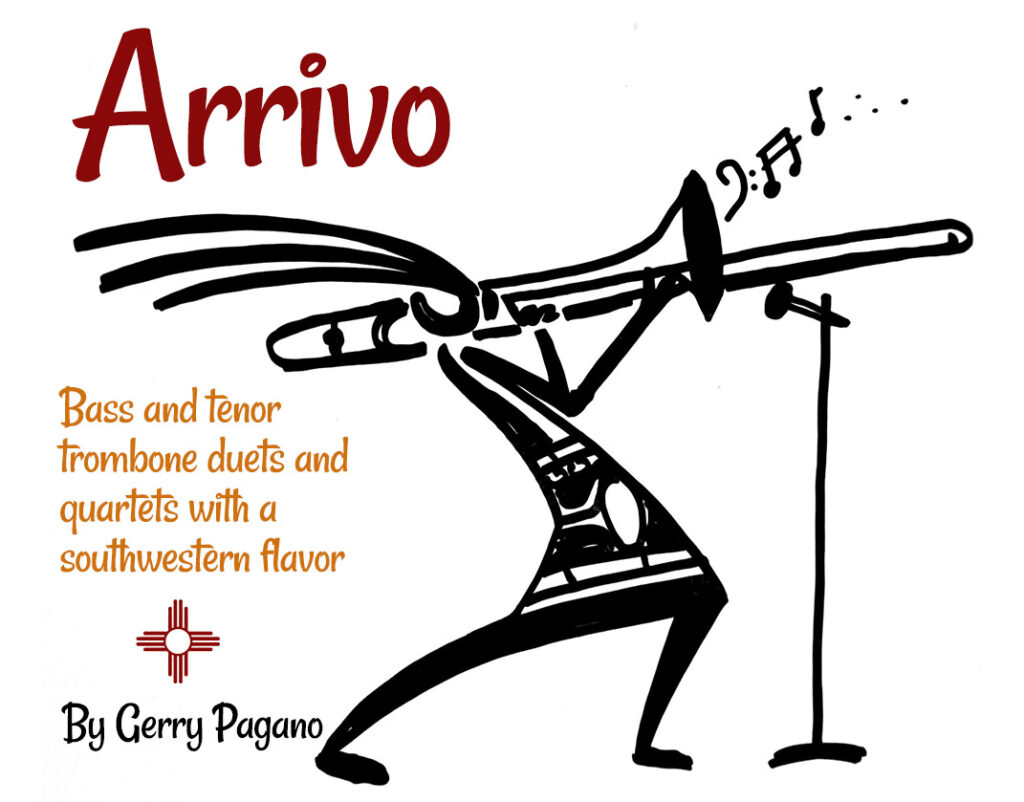
Step 7-Don’t Give Up
If I’ve learned anything about musical career success by watching sports, it’s that sometimes the underdog can rise up and

First off, Bogart is a small town in north Georgia near where I grew up. It was so small, it was used as a joke to us as in, you get lost in Bogart, and such. I reference it here because Bogart is where my first playing gig was, as a senior in High school, playing in a Dixieland band for their Marigold Festival. Many years later I found myself on stage at Carnegie Hall with the St. Louis Symphony. How in the world did I do that, and maybe more importantly, what did I learn along the way?
This will be the first of a (you guessed it) seven part series that first appeared in the ITA Journal (International Trombone Journal) quite some time ago. It’s perhaps not earth shattering, new information, but on the chance that something in here may help someone out there that is just starting their journey, I offer these thoughts. Feel free taking frequent breaks from reading, I can be very loquacious! Ok, here goes…
First off, I lied. The steps are not easy, and it’s probably more than seven. But it makes a better title than “How to work hard for a long time and never give up.” That may be a more accurate title, but chances are most folks would not read it. No one wants to hear that it could be hard work or take a long time. In an age of instant gratification, my micro wave is too slow, how many folks will pursue something they expect to be difficult, take many years, and has no guarantee of success? However, nothing feels better than a hard won accomplishment. Doing something that for you, was not easy. These are things which we can be the most proud. There is an old adage that says ” anything worth having is worth working for.” If I assume you’re going to go for a career as a musician (notice I didn’t say trombone player, there are a lot of those) then here are seven things that I’d recommend.
1)Discipline/Fundamentals
It’s the key to being good at anything really, sports, music, fine cooking, you need to build a solid foundation that is essential to your craft. For sports, it may be hand eye coordination. (just taking a guess, I am not an athlete!) For our chosen field, it would be hard to near impossible to have poor time and bad pitch. If you can’t carry a tune in a bucket and couldn’t swing at the play ground, this may not be the place for you. If you are blessed with these basics, then to me the first fundamental is sound. It doesn’t matter what you’re playing, no one really wants to hear a bad sound. This is why long tones are so important to a brass musician. It gives us control of the most basic function we need to have. Can I sustain the sound without any changes to it? Does it wobble, drift, is the pitch steady? Does the note start clearly, how is my articulation, and is it consistent at all dynamics, in every register? If you can’t, sooner or later your weakness will find you. If you can’t hit a curveball, you’re going to see a lot of them.
And you have to be disciplined. You can’t just practice Monday through Friday. Many musicians I know take their horn with them on vacations. Also, you can’t just practice when you feel like it. Sometimes you have to hunker down and do some work when you are tired, and don’t “feel” like it. You also need to work on the weakest parts of your playing. It’s not that fun sounding less than great, but you won’t get better at anything through magic. There is no fairy dust, it’s just hard work. So I can do all that Gerry, what else is there? Sounds like the lead in to Step 2……

If I’ve learned anything about musical career success by watching sports, it’s that sometimes the underdog can rise up and

Nothing is a sure thing. In any career, there are no guarantees. Gone are the days of spending a lifetime

Go ahead… This free music is on me!